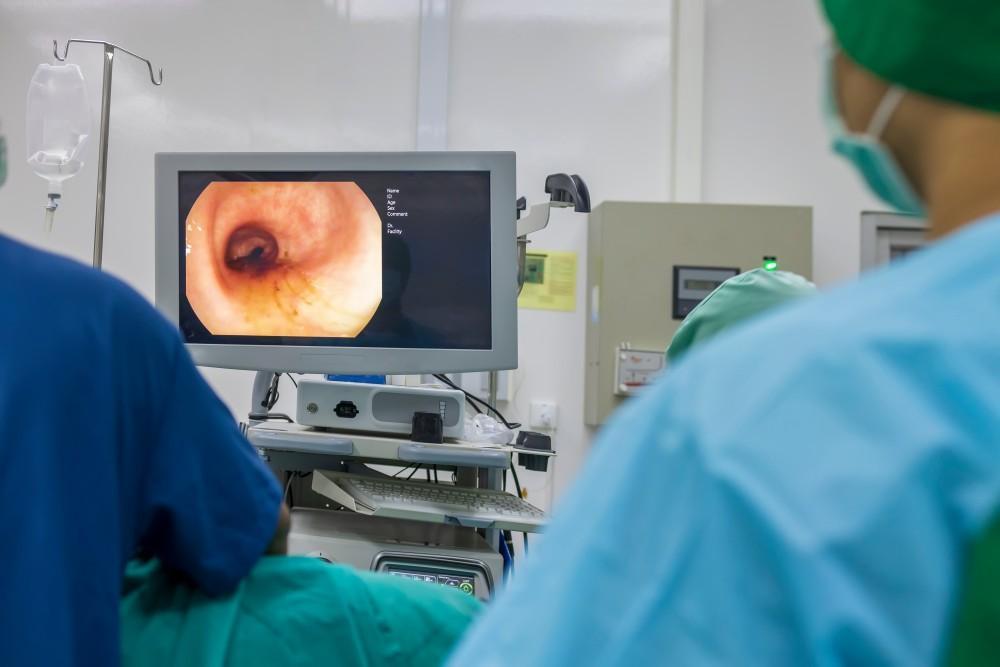
3 Signs of Diverticulitis You Should Never Ignore

One of the many not-so-pleasant aspects of being granted the privilege of aging is the development of small pouches in the weak areas of your colon. When these pouches develop, you have a condition known as diverticulosis. Most of the time, diverticulosis causes no problems and no symptoms.
However, when the pouches become infected, diverticulosis progresses to diverticulitis. Unlike its predecessor, diverticulitis is potentially life-threatening and may also cause a number of symptoms, including extreme pain.
About 10% of adults with known or unknown diverticula develop complications, including diverticulitis. Untreated, the infection could progress to a life-threatening sepsis.
At Colon and Rectal Surgeons of Greater Hartford, our colorectal experts recommend that you become aware of the signs of diverticulitis, even if you don’t know whether or not you have diverticulosis. Following are three signs that you may have infected diverticula and should seek medical attention right away.
1. Abdominal pain or tenderness
Both appendicitis and diverticulitis may cause pain in the lower right quadrant of your abdomen. Both conditions are potentially life-threatening and require immediate medical attention. Lower right quadrant pain associated with diverticulitis is more common in Asians than in other ethnic groups.
In most ethnic groups, it’s more common to develop pain on the left side of your abdomen if you have diverticulitis. In general, abdominal pain that persists should never be ignored. It could be a sign of diverticulitis and dangerous complications, such as abscesses and bowel blockage. Or, it may be a sign of another condition that needs treatment.
2. Gastrointestinal distress
Infected diverticula may cause a range of gastrointestinal (GI) symptoms that persist. Although it’s normal to have an occasional bout of diarrhea (loose stools) or constipation, it should never persist for more than a day or two. Contact us if you experience:
- Diarrhea
- Chronic constipation
- Nausea
- Vomiting
We treat the bacterial infections that cause diverticulitis with antibiotics. However, you may also require other therapy, including surgery, to resolve complications. In addition, you may need other kinds of medications if your infection is viral or caused by other types of pathogens.
Even if you don’t have diverticulitis, persistent GI symptoms are a sign of disease or infection of some sort. We conduct a thorough work-up, including blood tests, to determine the source of your distress so we can custom-design a treatment to resolve it.
3. Chills or fever
If you have abdominal pain accompanied by fever or chills, you may be battling an infection in your gut. As with all infections, diverticulitis is potentially life-threatening because the infection can pass through your blood to other organs, including your heart and brain, a condition known as sepsis.
Both fever and chills are your body’s attempts to kill the bacteria and other pathogens that threaten your health. Be sure to get to the hospital or call us right away if you develop fever or chills, especially when accompanied by GI symptoms or pain.
Your GI tract should operate efficiently and painlessly. If you’re in pain or have other symptoms of diverticulitis, contact our team at Colon and Rectal Surgeons of Greater Hartford immediately. Call us at 860-242-8591, or schedule your appointment online at our Bloomfield, South Windsor, or Plainville, Connecticut, clinic nearest you.
You Might Also Enjoy...


What Happens When an Abscess Is Left Untreated?

Bathroom Habits That Actually Damage Your Colon Health

Why You Might Need an Anal Pap Smear — Plus, How to Prepare

How a Colonoscopy Can Save Your Life


